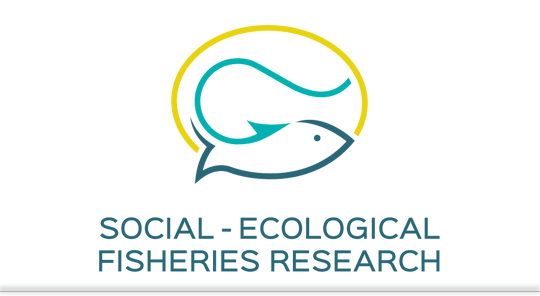Human exploitation of fish and other aquatic animals such as crustaceans and mammals is virtually ubiquitous on Earth and since ancient times has provided humanity with food, income and other social goods such as recreation. Fishing where the primary objective is not to produce food or generate income through the sale or trade of fishing products is commonly termed "recreational fishing" or "angling" (Arlinghaus et al., 2007). In most developed or indsturialised societies of the temperate regions, recreational fisheries have long represented the major use of aquatic wildlife, thus constituting the dominant fishing activity in limnetic surface waters (Arlinghaus et al., 2002). Furthermore, the importance of recreational fishing in many coastal areas (Coleman et al., 2004). and less developed nations (Cowx, 2002) is increasing rapidly.
Recreational fisheries: socioeconomic importance, conservation issues and management challenges
Chapter

Arlinghaus, R., Cooke, S. J. (2009). Recreational fisheries: socioeconomic importance, conservation issues and management challenges. In: B. Dickson, J. Hutton, W. M. Adams, (eds.), Recreational Hunting, Conservation and Rural Livelihoods: Science and Practice. Blackwell Publishing, Oxford, 39-58
Published
: 2009
Appeared in
: In: B. Dickson, J. Hutton, W. M. Adams, (eds.), Recreational Hunting, Conservation and Rural Livelihoods: Science and Practice. Blackwell Publishing, Oxford, 39-58
